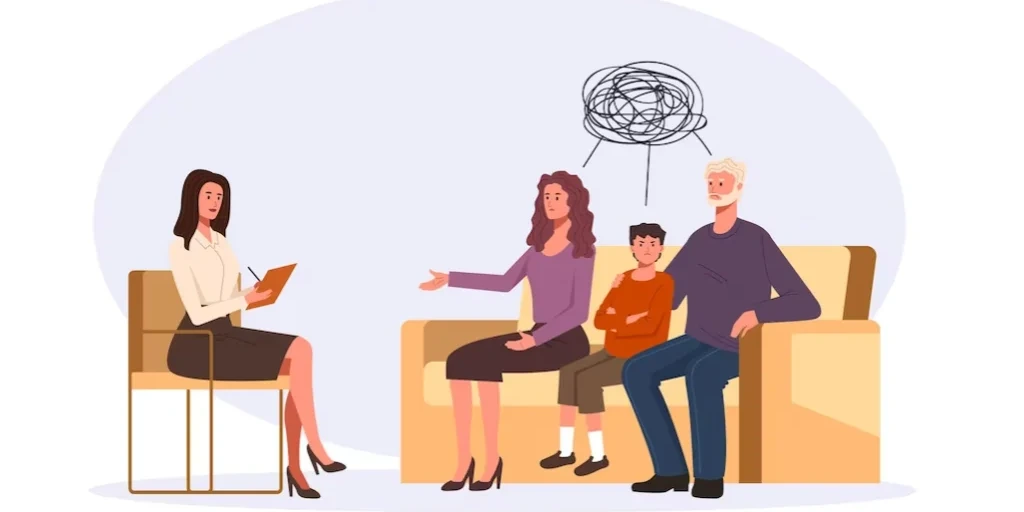24/7 Helpline:
(866) 899-221924/7 Helpline:
(866) 899-2219
Learn more about Eating Disorder Treatment centers in Boone County

Other Insurance Options

Covered California

Access to Recovery (ATR) Voucher

Premera

Health Partners

State Farm

Optima

Medical Mutual of Ohio

Absolute Total Care

EmblemHealth

Evernorth

WellCare Health Plans

Holman Group
Beacon

BlueCross

Optum

Lucent

PHCS Network

United Health Care

Private insurance

Self-pay options

Rosecrance
Rosecrance is a private not-for-profit organization offering behavioral health services for children...





































Remedies Renewing Lives
Remedies Renewing Lives - North State Street is located in Belvidere, Illinois. Remedies Renewing Li...

Hiawatha Valley Mental Health Center
Hiawatha Valley Mental Health Center is a private rehab located in Caledonia, Minnesota. Hiawatha Va...





















































